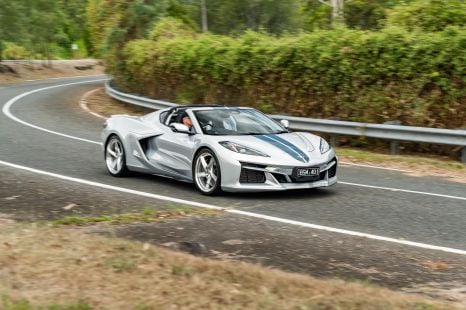

CarExpert.com.au
The CarExpert team's favourite cars of 2025
2 Hours Ago
Northern Territory electric vehicle owners won't have to pay registration until 2027 on a scheme that also reduces stamp duty and provides grants for chargers.

News Editor
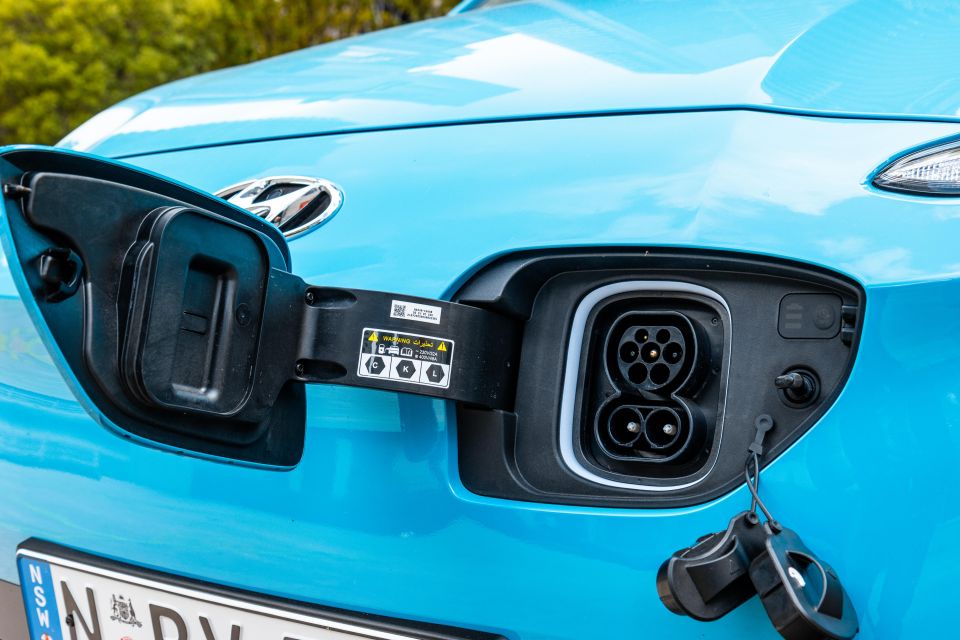

News Editor
Buyers of electric vehicles and plug-in hybrids in the Northern Territory will be able to access a range of incentives from July 1, 2022.
There’s a new grant scheme for electric vehicle chargers, in addition to the registration and stamp duty reductions announced last year which are about to take effect.
The Territory Labor Government has this week allocated $300,000 for what it is calling the Electric Vehicle Charger (Residential and Business) Grant Scheme.
This consists of 100 residential grants of $1000, plus 80 business grants of $2500, intended for the purchase and installation of EV chargers. They’re available on a first-come, first-serve basis.
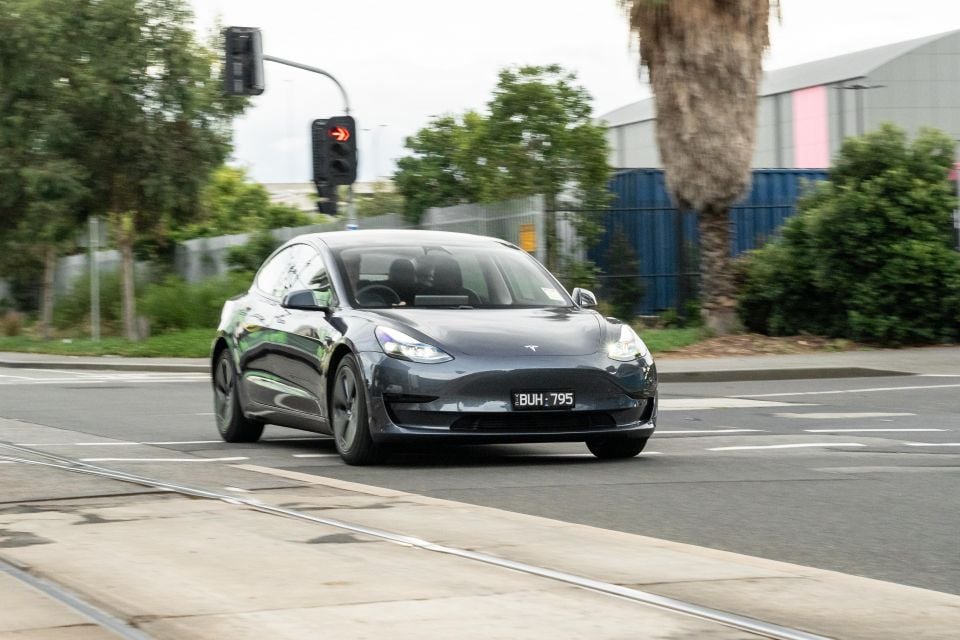
Territorians need to be a home owner or business owner, meet the relevant property and charger type requirements, and be the owner of an NT-registered EV. The scheme is designed to increase the availability of chargers across the Territory.
While announced last year, the previously mentioned registration and stamp duty reductions are only coming into effect from July 1 this year as well.
The registration and stamp duty concessions will run from July 1, 2022 to June 30, 2027, and the NT Government says they apply for both full-electric vehicles and plug-in hybrids.
Registration is free for new and old EVs and PHEVs. That includes those previously registered, imported from overseas, or transferred from interstate.
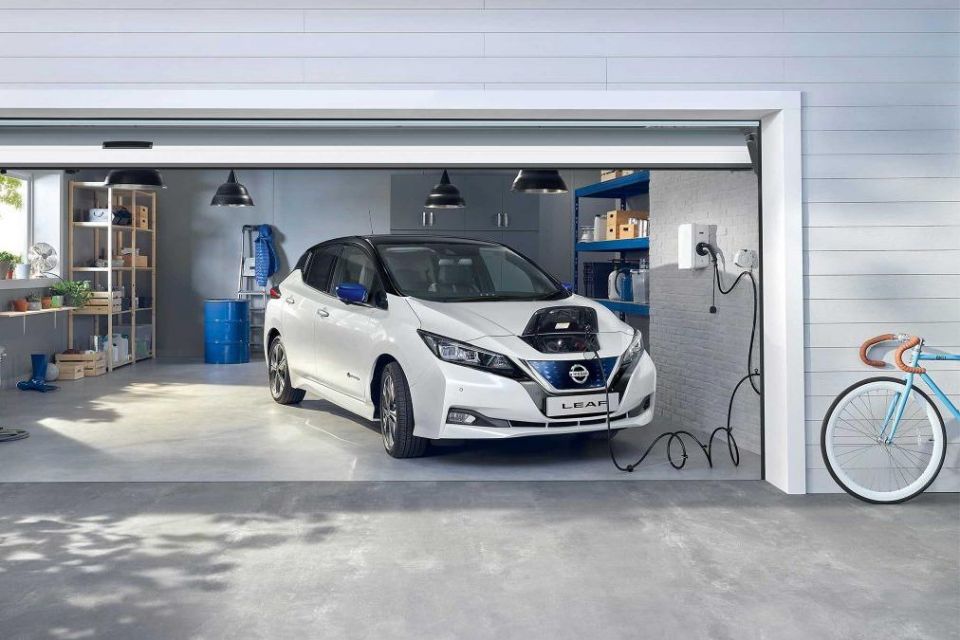
Territorians are eligible for concessions regardless of whether it’s a private vehicle or one used for commercial purposes, including heavy vehicles.
There’s also a stamp duty concession of up to $1500 for vehicles valued up to $50,000, which effectively removes stamp duty entirely for these vehicles.
Any amount over this price cap continues to attract three per cent stamp duty.
Conventional hybrids aren’t eligible, as the Territory Government says “they do not represent a significant shift from conventional vehicles and don’t have the potential to operate as zero emission vehicles”, while there’s a greater number of them on the used market and they’re typically more affordable than EVs.
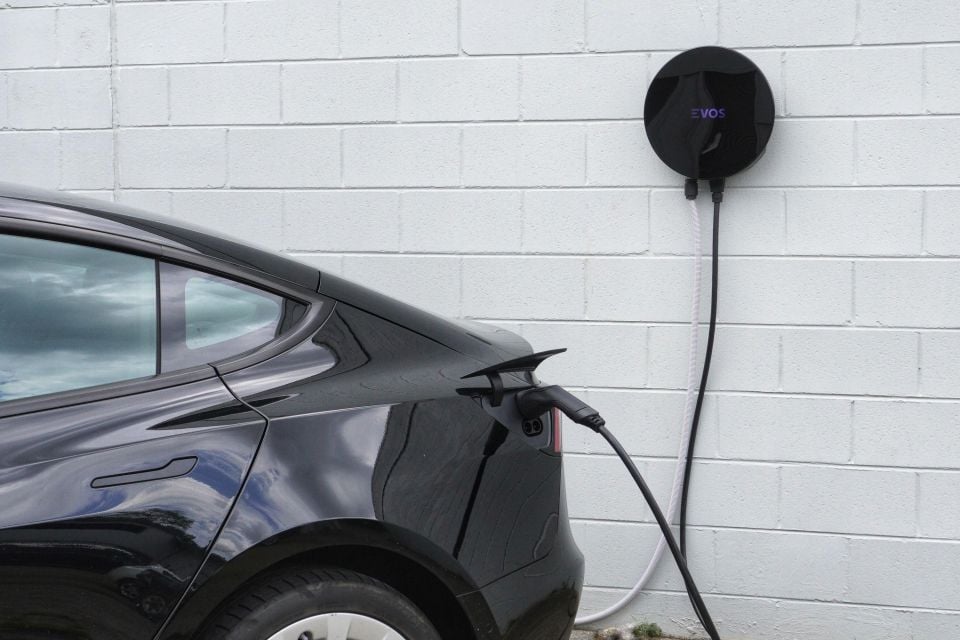
These incentives are part of the Northern Territory’s Electric Vehicle Strategy and Implementation Plan 2021-26, which aims to help the Territory reach net-zero emissions by 2050.
The Territory Government is aiming to also support local innovation in EV technology and develop skills in EV servicing and the installation of charging infrastructure, while also increasing the number of EVs in its own fleet.
Electric vehicle uptake has been slow in the Territory. According to the Territory Government, there were just 38 EVs on its roads in December 2020. In 2019, it said there were 146,000 light vehicles registered.
“Local businesses and local families will benefit from this scheme – whether it’s receiving the work now to install an EV charging system or to include a new asset to your business, it’s a win for the Territory,” said Chief Minister Natasha Fyles on the charger scheme.
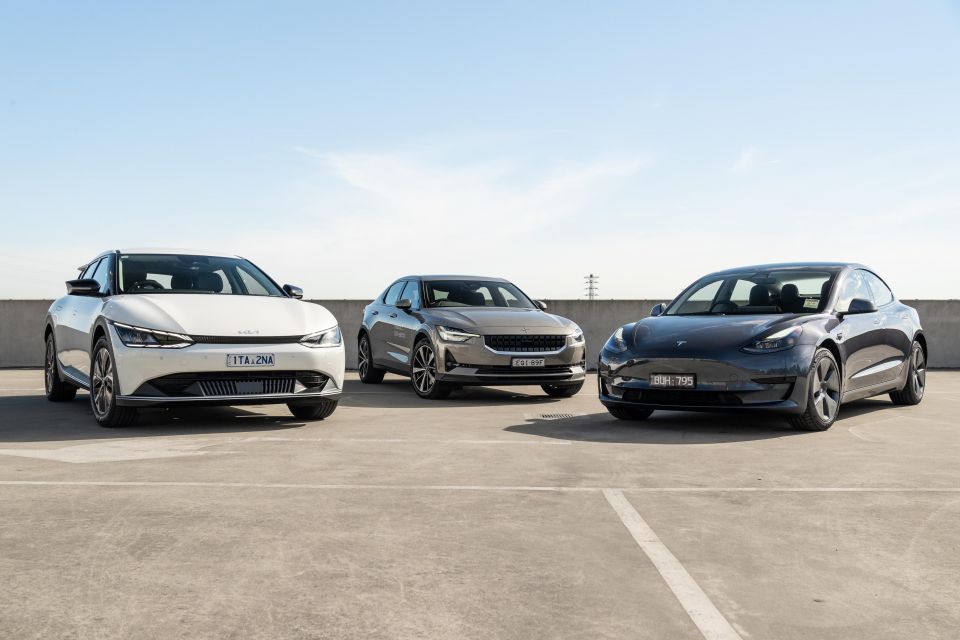
“The Territory Labor Government will continue to invest in new industries, expand business opportunities and create jobs for Territorians. We are progressively working towards a target of 50 per cent renewables by 2030 and zero emissions by 2050.
“We are protecting and creating a sustainable environment for all Territorians to enjoy. Incentives and programs like this support jobs and our environment.”
The Northern Territory isn’t alone in offering stamp duty and registration exemptions.
All new and used EVs in the Australian Capital Territory are exempt from registration costs for two years, while stamp duty is also waived for new EVs.
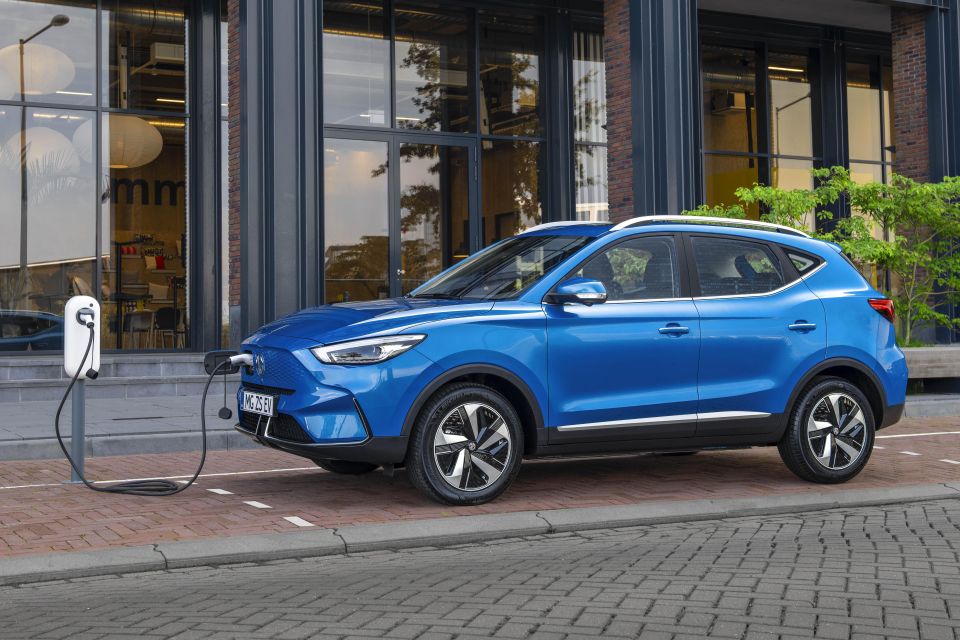
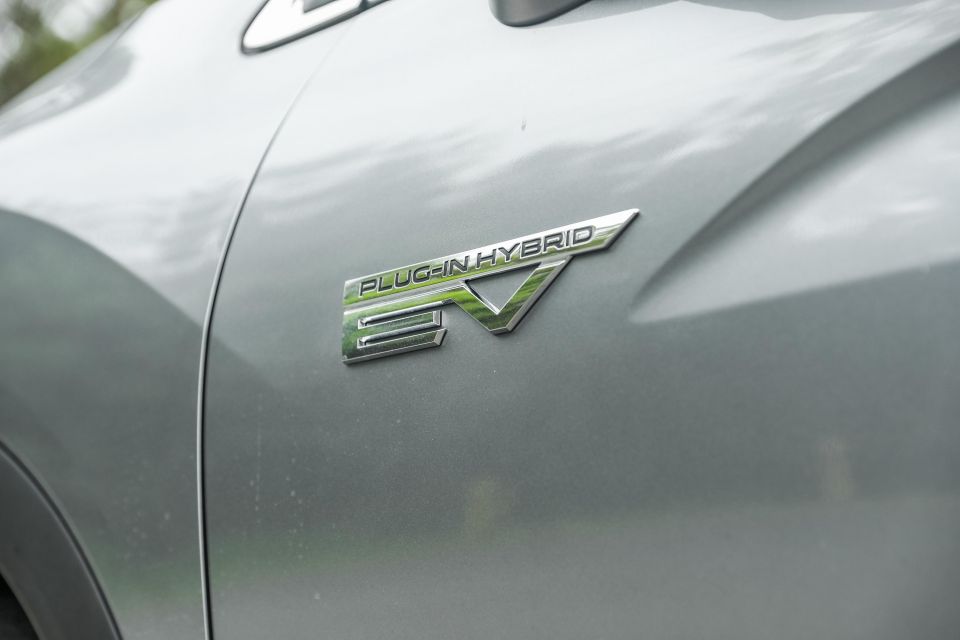
New South Wales and Tasmania exempt new and used EVs from stamp duty (only for those under $78,000 in NSW’s case)
The Territory Government has stopped short of offering direct subsidies for EV purchases, something that has been introduced by NSW, Queensland, South Australia, Victoria and Western Australia.
MORE: What electric car buyer incentives are offered across Australia?
William Stopford is an automotive journalist with a passion for mainstream cars, automotive history and overseas auto markets.


CarExpert.com.au
2 Hours Ago
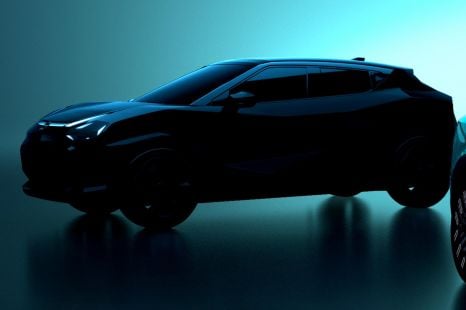

Damion Smy
16 Hours Ago
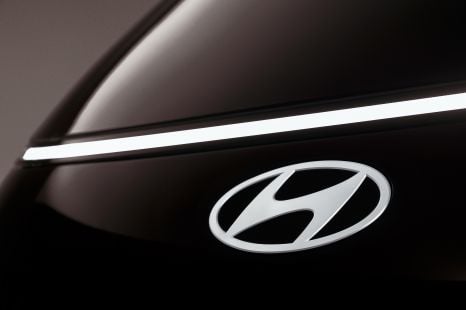

Damion Smy
19 Hours Ago
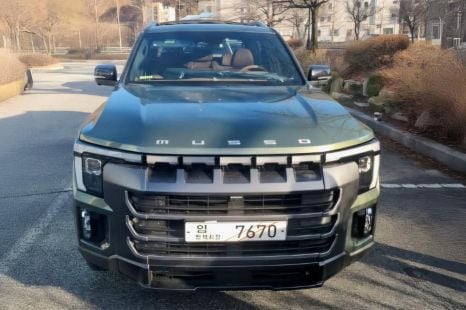

Damion Smy
23 Hours Ago
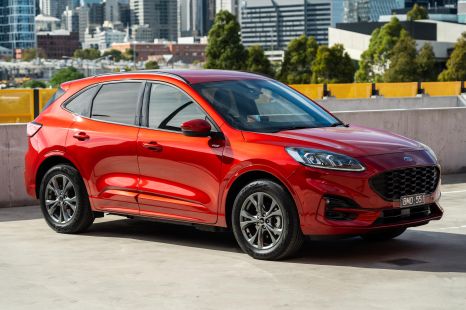

Damion Smy
1 Day Ago
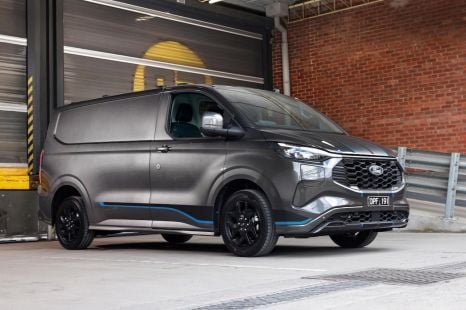

Damion Smy
1 Day Ago